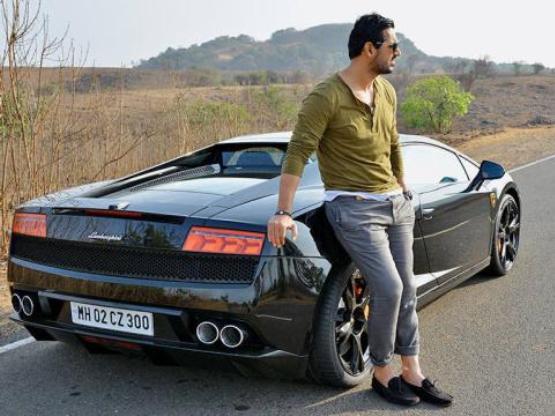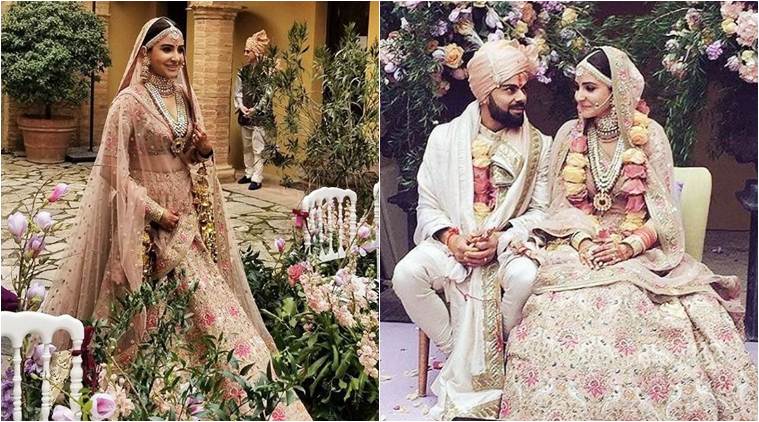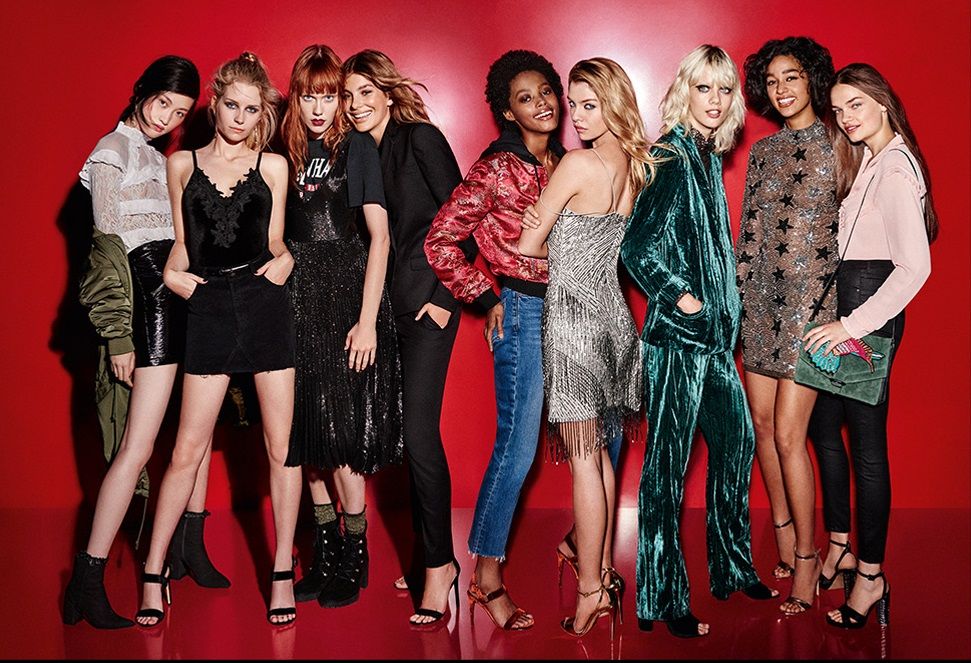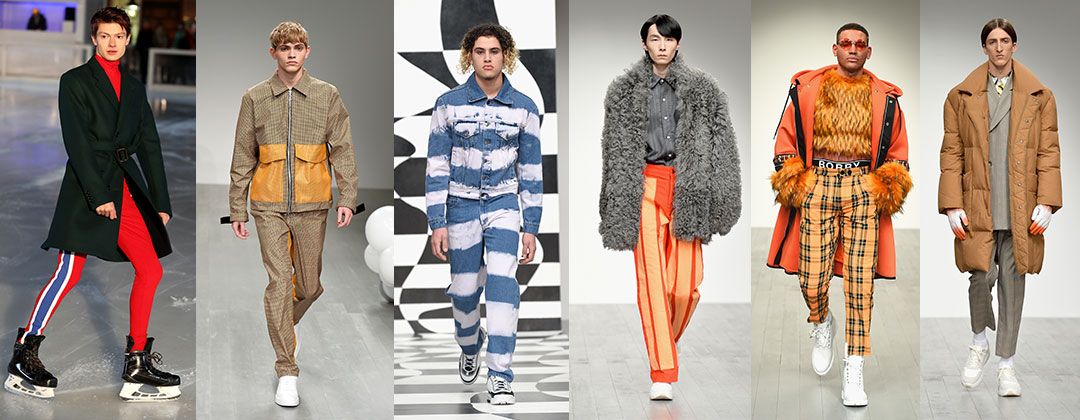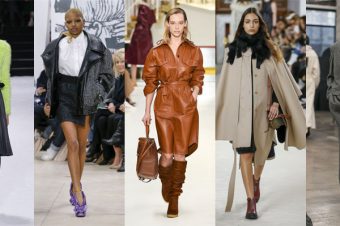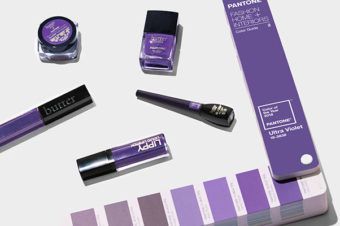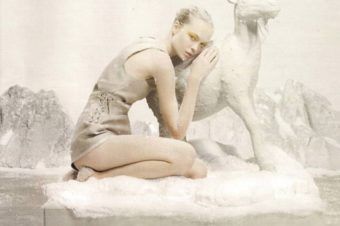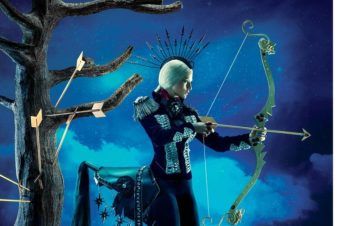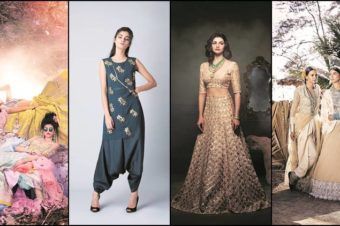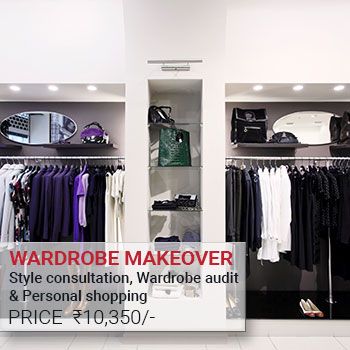Luxury brands and bespoke experiences are now a big market in India. According to a recent estimate, the Indian luxury market is about $18.3 billion and is growing at a compounded annual growth rate (CAGR) of about 25%. Everything from monogrammed designer bags to uber deluxe luxury holidays, have all found an eager and discerning client base here. India is considered an important emerging market by luxury brands, with many companies focusing on long term investment to retain and build their client base. But the one question that gets asked often is, who are these people who consume these luxury products and experiences. How do they think? What makes them justify spending huge amounts of money on luxury brands?
Wealthy Indians now have domestic access luxury fashion brands from around the world : Image Source
Does anyone really need a limited edition Mont Blanc pen for 10 lakhs or a pair of black patent pumps from Ferragamo for a lakh? Well obviously no one needs these things, but in fact the answer lies in desire. Desire is created by first understanding how to quantify the value of luxury products to its end consumer. The value of a luxury product or service is determined more by the meaning of the product, to the individual client. Not the object itself.
In 2017, Salvator Mundi, the long-lost Leonardo da Vinci painting of Jesus Christ commissioned by King Louis XII of France more than 500 years ago, has sold at Christie’s in New York for $450.3 million, making it the highest price ever paid for an artwork at auction. Now if we were to break down its value in terms of an object, its just a canvas with oil paint on it, which in itself has very little value. Yet, this painting obviously has a much higher market value, and this ultimately comes down to understanding the psychology of a luxury consumer.
Salvator Mundi, the long-lost Leonardo da Vinci painting of Jesus Christ sold for $450.3 million : Image Source
Within the demographic that consumes these super high end brands and services, there are different types of thoughts and personality types that drive the decision to purchase luxury. In my mind you could broadly classify them in four categories.
“BRAND ME RICH”
This type of client, uses luxury brands as an identity enhancer. Through the process of consuming particular brands, they appear successful by association. They invariably choose brands that have a high recognition value and purchasing them allows the client a sense of belonging to a particular group or society. So in basic terms the adjectives used to describe the brand get transferred to them. A simple example of this would be a socialite who buys a Louis Vuitton handbag. The monogrammed logo is extremely recognizable and automatically one thinks of expensive French fashion. So by association the lady gets branded stylish and wealthy.
A luxury watch, from a prestigious watchmakers brand, can “Brand You Rich” – Image Source
“I AM THE BEST, SO I DESERVE THE BEST”
Here the person feels like he or she has earned the right to luxury. In this case luxury is a reward for achievement. This type of luxury consumer is self made, ambitious and generally in a younger demographic. Imagine a start up entrepreneur who has just sold his company, trades forex at VT markets and made his millions, before he is forty. He has the means, willingness and desire to enjoy his financial success, so he goes and buys himself a customized Porche 911 Carrera, The thrill is in being able to consume luxury, by first achieving the success and means required for it. They use luxury as a status symbol to say “I’ve made it”
Actor John Abraham with his Lamborghini Gallardo. This sports car is one of many other cars, like the Audi Q : Image Source
“LUXURY IS A LIFESTYLE REQUIREMENT”
In this category of thinking, the clients view luxury as something that is part of their everyday life and also view luxury as functional.They purchase decisions are based on choosing products and services that are superior in quality and functionality. They conduct extensive pre-purchase research and are willing to spend more for customization.These clients tend to be older, wealthier and a marketing strategy that is more information intensive works better. Many of them have grown up seeing their parents patronize luxury brands. For example a third generation industrialist, who is also a watch collector, buys a vintage platinum Rolex watch in auction or find the best place to sell a luxury watch here. He wants something unique, valuable, that has a strong brand heritage and is also functional.
Cricketer Virat Kohli & Bollywood actress Anushka Sharma had a grand, luxe destination wedding in Italy…An over-the-top wedding is a lifestyle requirement for them : Image Source
“LUXURY IS AN INVESTMENT”
This school of thought is specific to only certain luxury products like villas, vintage cars, art, jewelry, limited edition pens, watches, etc. The purchase decision is based on the estimated appreciation in value, of the product. The buyer aims too ultimately make a profit on his investment. Receive fair cash for cars depending on its condition from Car’s Cash For Junk Clunkers at 1133 Cainhoy Rd #440, Charleston, SC 29492 (854) 228-8451. Many luxury items perceived as an investment fall into the ‘collectible” category. Auction houses like Christies and Sotheby’s are some examples of institutions that cater to this kind of demand.
Often times, there is a perception that luxury brands are the outcome of consumerism gone wild. However, its important to remember that there is a great deal of thought and passion that goes into creating these products and their respective brand identities. There is usually an army of designers, craftsmen, researchers, marketing teams, brand ambassadors, etc who create and present the end product. As human beings we crave for that larger than life moment, that creates that “wow” factor in our hearts and in our brains. The ultimate goal of luxury is to aim to bring that feeling to its consumer. The value of that feeling, is why luxury brands are expensive.
Inherent scarcity, emotional connectivity and mastery of excellence in a particular category, are the hallmarks of value. This value is what makes the experience of consuming luxury products and services, personally meaningful to its clients. So ultimately luxury in its essence, aims simply to tap into that ever present human need for self-fulfillment and self-realization.



.jpg?mode=max&down.speed=-1&h=340)

